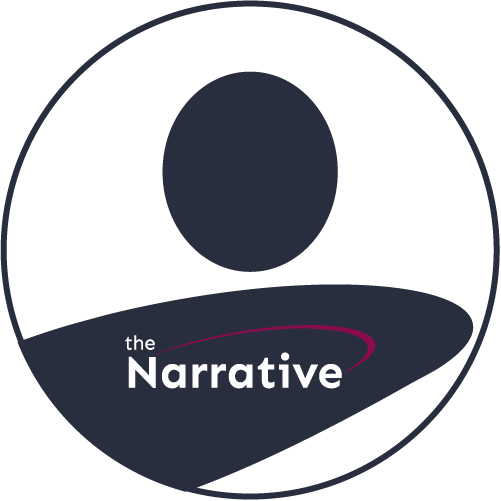
In this article, Narrative spotlights the U.S. Affiliated Pacific Island (USAPI) Jurisdictions 2021 NPCR Success Story, describing its successful implementation of Fundamental Learning Collaborative for the Cancer Surveillance Community.
Lymona Refugia, CTR, from the Guam Cancer Registry and lead author on the Success Story, spoke with the Narrative recently about their experience.
Narrative: You detailed a lot of challenges that the USAPI faces compared to typical NPCR registries. What do you think was your greatest challenge in implementing your own Fundamental Learning Collaborative for the Cancer Surveillance Community (FLccSC) training website and rapid‐reaction Zoom calls?
Ms. Refugia: One of the greatest challenges to implementing our FLccSC was actually just accessing the site. Because we are not physically within the 50 states, accessing the FLssSC site requires us to use a VPN. This in itself is not really an issue, however, when you tie that into the sometimes really slow connection speed within the other jurisdictions, it can be frustrating. We are all learning together how best to utilize FLccSC, and I think it will become a great tool not just for our jurisdictions but for everyone as well. With the rapid reaction to Zoom calls, our greatest challenge is timing.
With our jurisdictions spanning six different time zones, it can sometimes be hard to find a time that will work for everyone. Another issue that is thankfully less and less relevant is bandwidth. Many of our jurisdiction registrars weren’t able to join Zoom calls with both video and audio on. This has gotten better on the one hand, with the software upgrades on the Zoom platform’s side (lower bandwidth is needed for audio/video), and on the other, islands are able to secure better internet access for their Healthcare/Public Health offices, but there is still room to grow. Jurisdictions can’t dial into Zoom calls because even the 1800 numbers act as international calls (and callers are charged for such calls).
Narrative: What do you think was your greatest success in this implementation?
Ms. Rufugia: Our greatest success with the implementation of FLccSC is something that we actually just launched. We put together an introductory cancer registry crash course, which includes basic registry operations, simple anatomy, basic Excel and what to expect as a registrar. As we are limited in resources, our jurisdictions don’t have the strict requirements that facilities in the U.S. have. We are normally limited in finding individuals who are interested in registry operations (or advanced data entry type of work). With the crash course, we have already had success in having potential registrars learn more about the field and express their interest in joining our registry teams. Aside from the initial connection issues, it seems the response to the site has been positive, and it is easy to use.
Learn more by reading the original 2021 NPCR Success Story.
What to Read Next
Standardization and Registry Development Steering Committee: Modular Records Task Force
One of the NAACCR Board strategic initiatives in the Strategic Plan is Innovative Approaches to Data Collection (Minimal Datasets and…
2025 NAACCR Board of Directors Election Results
The NAACCR Nominating Committee is charged with encouraging volunteers to consider serving on the NAACCR Board of Directors and to…
Call for Subject Matter Experts: Help Develop Central Registry Training!
The NAACCR Professional Development Steering Committee’s Upkeep Work Group is developing a series of 14–15 online training modules to support…





